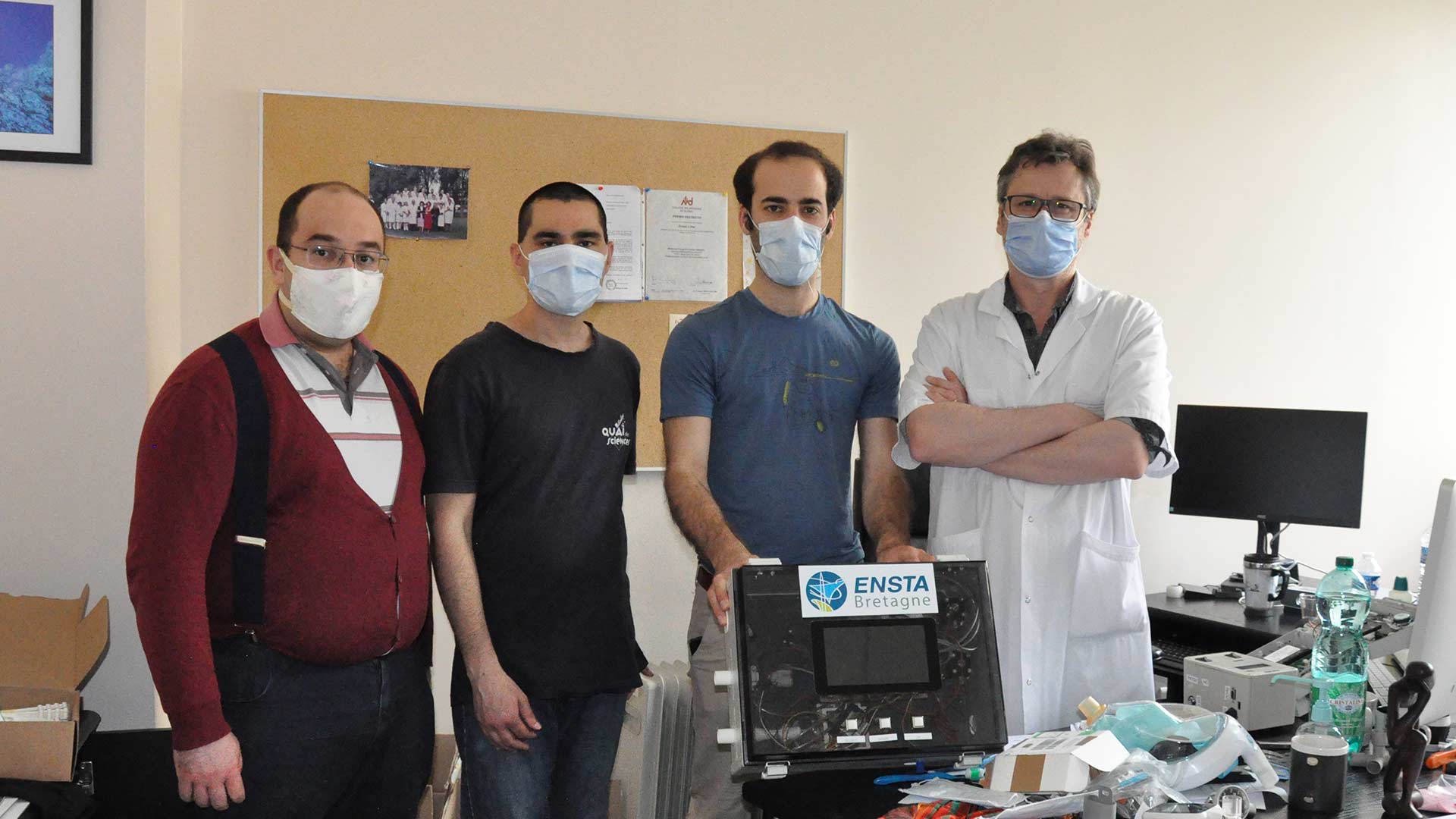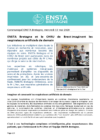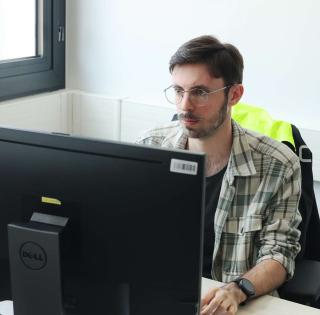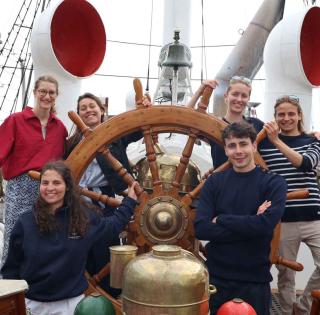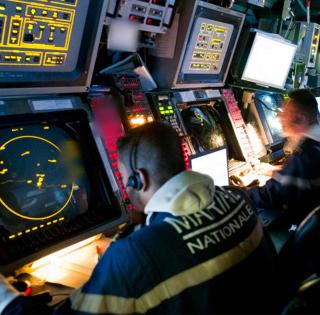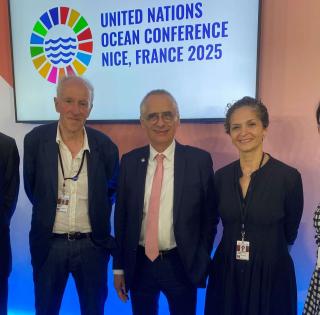
Imagining and designing a new generation of ventilators
The hospital teams require a significant number of respiratory support systems. The Covid-19 crisis has led intensive care teams to look into new practices and, together with the research teams, imagine a new generation of ventilators. This goes from an entire range of materials, very low cost fabrication systems, made locally in times of shortages, to the design of robotized systems and artificial intelligence for the creation of respiratory support devices enabling better patient care.
There are several types of ventilators: the traditional ventilators where the patient needs to be heavily sedated, to the so-called “non-invasive” systems which are more difficult to design and require precise control and synchronization with the patient.
It is these more complex and intelligent devices that Pr L’Her and the ENSTA Bretagne team have been working on
How can you control the flow, volume and rate of oxygen given to the patient, which corresponds exactly to his needs in real time? How can you create a respiratory support program which progressively reduces the oxygen to wean the patient off the ventilator? The Covid-19 crisis has revealed the importance of having enhanced systems which are in tune with the different stages of the illness, and so limiting the harmful side-effects in the patients.
ENSTA Bretagne’s robotics team boasts a rare set of broad and cutting edge skills in the development of autonomous complex systems and artificial intelligence algorithms, drawing on other skills in mechanics and electronics. Thus, the team can design complete and extremely innovative systems. Moreover, the respiratory support systems have a lot in common with autonomous robotics. The right combination of sensors, actuators and artificial intelligence (algorithms embedded in the ventilator) enable tighter control of the pressure, the flow and the volume of air transmitted to the patient.
ENSTA Bretagne has developed a first prototype in record time, which has been tested on the CHRU University Hospital’s test bench. This prototype is the basis for patient adaptive ventilators, able to integrate several monitoring parameters. The prototype has been designed as an easy to adjust toolkit. It already includes the capacity to detect and synchronize with the patient’s breathing, like top quality ventilators, reducing the need for heavy sedation. In the short term, it is able to automatically detect oxygen requirements and adjust accordingly.
A lasting research and collaborative innovation dynamic
The coming together of the CHRU University Hospital and ENSTA Bretagne teams, strengthened by the Covid 19 crisis hints at the many R&D, engineering missions for the students and research programs to come. These different tasks form part of a national effort to develop these technologies.
Thomas Le Mezo, engineer doctor double degree graduate of ENSTA Bretagne, following post-doctoral studies in the robotics team, is leading the first stage exploring this concept with two colleagues, Fabrice Le Bars and Henrique Fagundes Gasparoto:
Working with the medical teams of the CHRU is exciting. It has created a dynamic between our two very reactive teams which is conducive to the local production of many innovations. ENSTA Bretagne’s expertise in autonomous robotics, artificial intelligence and the design of complex systems has enabled us to work on subjects which are as demanding and urgent as new generation ventilators, at the drop of a hat.
Pr L’Her, director of the intensive care services at the CHRU University Hospital of Brest : « The collaboration with the ENSTA Bretagne teams has been very efficient since the very start of the Covid-19 crisis and enabled us to greatly improve the protection of the nursing staff, in particular thanks to the 3D printing of protective visors, following original plans and which were adapted to our constraints. This ventilator, which is a very interesting concept, might not be there in time to treat the first wave of Covid-19 patients, but on the other hand, it has set us on a path to major innovations in the field of the automation of breathing support within the framework of other collaborative projects ».
ENSTA Bretagne staff and students have been involved in many initiatives in the fight against Covid-19 and supported health and emergency teams: a large community got together to make and provide 4000 visors, a team took part in making 30,000 aprons, the researchers designed prototypes for the CHRU University Hospital and ambulance staff, to isolate the sick being carried on stretchers or designing new hi-tech breathing support systems. Well done all our teams!






